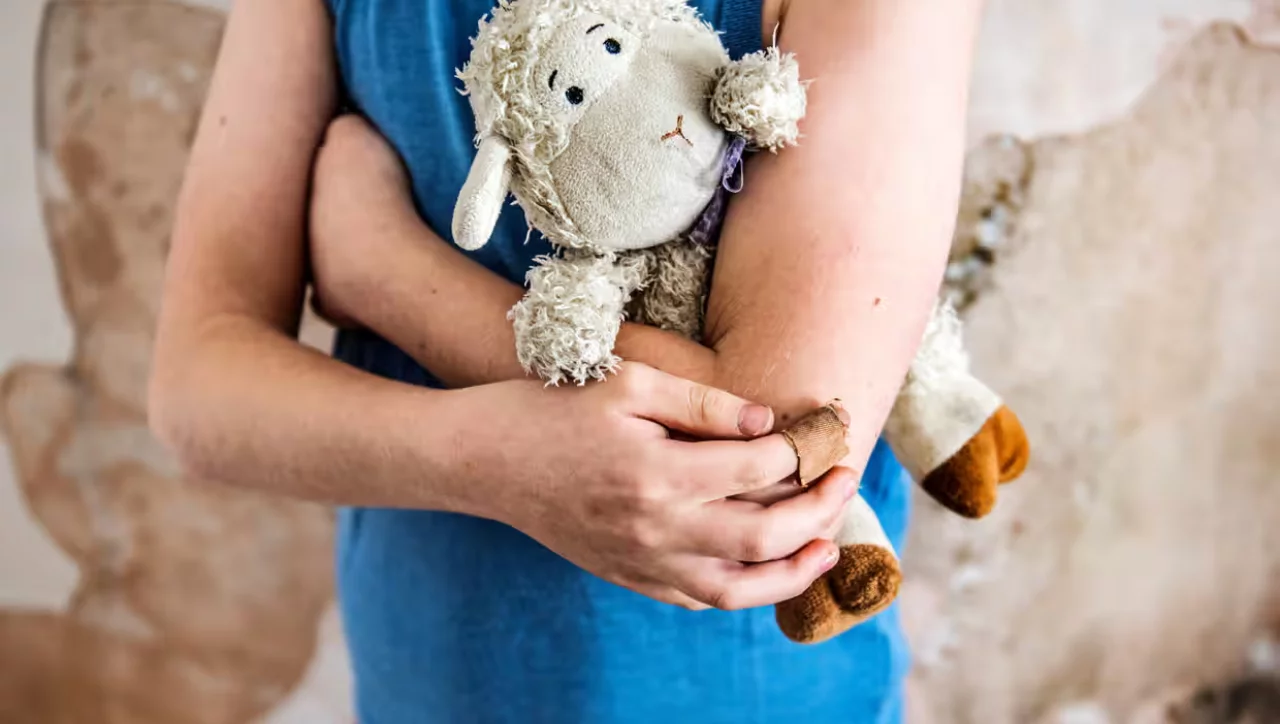Are children in England living in poverty?

Millions of children in England are currently living in such harsh conditions that some compare this situation to the poverty depicted in the works of the famous 19th-century writer Charles Dickens. The hardship and deprivation experienced by children in England are becoming almost a normal state of affairs, said the country's Children’s Commissioner, Dame Rachel de Souza.
The Ombudsman stated that she has observed a significant change in children’s lives and thinking over the past four years. Children no longer see poverty as a theoretical concept but experience it as a real problem in their daily lives. They lack what would be considered “basic” things: a clean and safe home, a bed big enough to sleep in, heating, privacy, the ability to invite friends over, and the chance to get to school without traveling long distances.
The report notes that children are starting to accept harsh conditions as “normal” or even “natural.” Some see this way of living as an inseparable part of their life. Some young people talked about not being able to bathe in clean water, rats coming through their walls, their bedrooms being damp, and dreaming of eating bacon, which is considered a “luxury.”
As Dame de Souza emphasized, “In one of the wealthiest societies in the world, our leaders should be ashamed that children's futures depend on their parents’ financial status.”
According to official data, as of April 2024, 4.5 million children in England were living in poverty — a record high. One of the most controversial issues is the two-child benefit limit.
Under the policy introduced by the Conservative Party in 2017, most families do not receive child or universal credit for the third and subsequent children. The Child Poverty Action Group estimates that this rule pushes an average of 109 children into poverty every day.
Other reports suggest that scrapping this policy would cost the government around £3.4 billion a year but would lift 500,000 children out of relative poverty.
De Souza acknowledged that “this issue can’t be solved in a day,” but stated that “the first step must be scrapping the two-child limit.” She also proposed a “triple lock” on child-related benefits to keep up with inflation, reforms to prevent families from staying in temporary hotel accommodation for more than a few weeks, and free bus travel for all school-aged children.
In a survey of 128 children aged 6 to 18, participants openly spoke about their lives. They mentioned the lack of healthy food, cramped and unsanitary living conditions, the absence of a suitable place to study, and difficulties getting to school.
Teachers and schools that support children witness these problems every day. Paul Whiteman, General Secretary of the National Association of Head Teachers (NAHT), said that teachers are distributing food, providing warm rooms, handing out food vouchers, and even offering laundry services.
“In this situation, schools are turning into not just educational institutions but centers of social support. But solving this problem requires not only education reforms but cooperation from all branches of government,” said Whiteman.
The Department for Work and Pensions has not yet issued an official comment on the matter. Read “Zamin” on Telegram!
Ctrl
Enter
Found a mistake?
Select the phrase and press Ctrl+Enter 





















